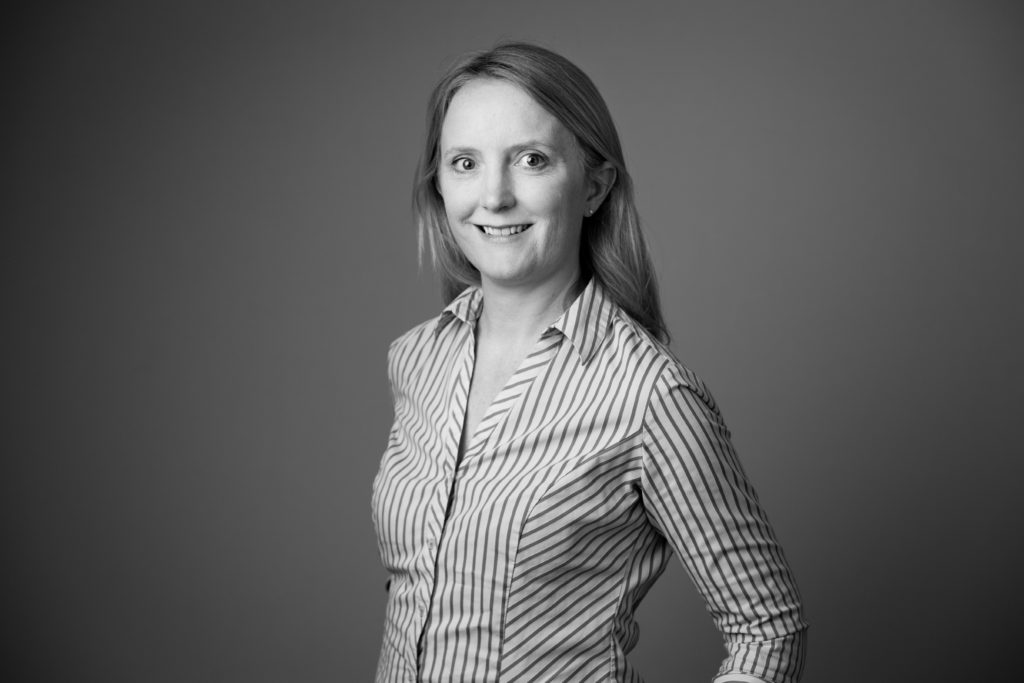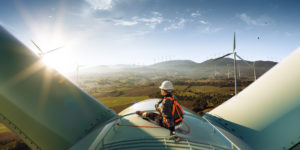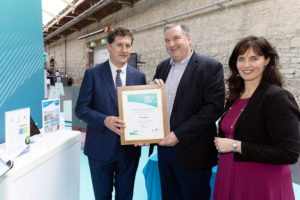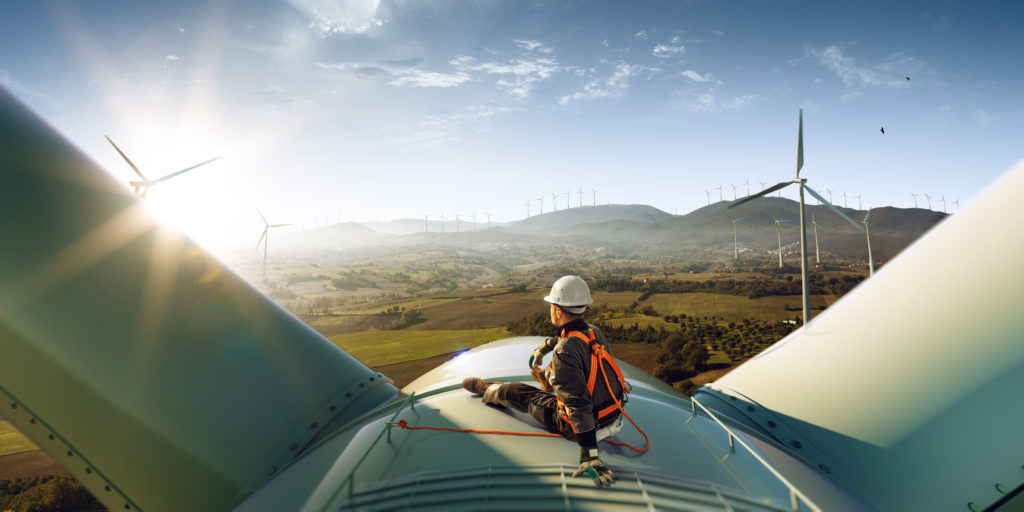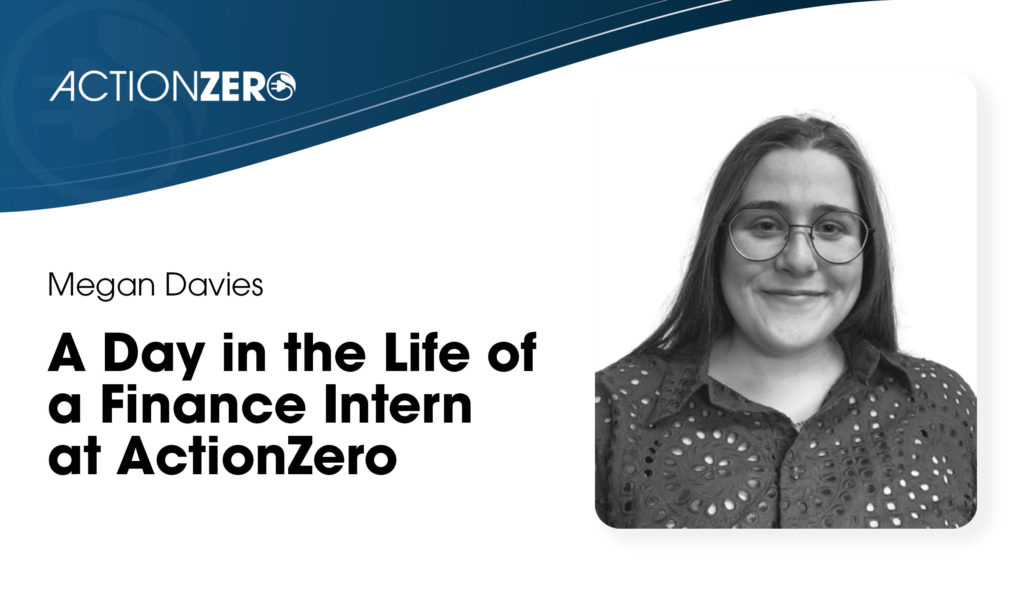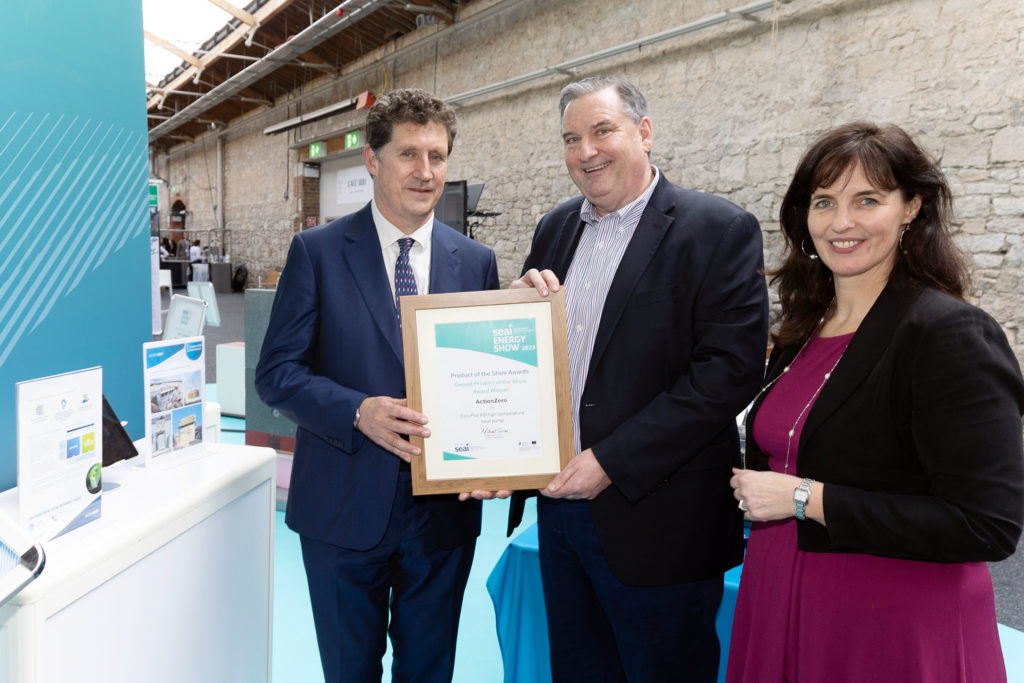It’s no secret that we find ourselves in turbulent times.
The Environmental Protection Agency recently announced that Ireland’s current Climate Action Plan is insufficient to deliver on our legally binding targets. The energy crisis has reminded us of our overdependence on fossil fuels and highlighted the urgent need for more capacity in renewable alternatives. Every day, the devastating effects of climate change become more and more apparent.
We need the best and brightest minds of our generation working to find solutions to this crisis. And yet, catastrophically there is a global shortage of engineers.
What can we do to overcome this massive hurdle? We simply must harness one of the greatest untapped resources in the engineering world – women!
How science, technology, engineering and maths have been taught in secondary schools until now is contributing to the low numbers of women engineers in Ireland.
It’s crucial that we attract more women to work in engineering if the climate action movement in Ireland is to be successful. We need everyone in industry, academia and government working together to educate young people about the climate crisis and get them excited about a creative and diverse career in engineering.
Gender gap
The gender gap in engineering is indisputable. According to Engineers Ireland, only 16pc of engineering grads are women, with women accounting for only 12pc of all engineering professionals in Ireland.
The big question is, what’s driving this imbalance?
In my opinion, the method of delivery of STEM education at second level is one issue. The national STEM Education Policy seeks to address this. The new junior cycle science specification is a wonderful curriculum that allows students to think, inquire, collect data, analyse, explain and reason their results – the very skills that are inherent in any engineering job.
However, there is still a reluctance among all students to select subjects such as physics, chemistry and applied maths at senior cycle. These subjects are the building blocks towards third-level education in engineering.
These subject curricula are currently being revised. I hope these revisions will help to attract more students to these subjects and hence engineering at third level.
However, I also believe there is a lack of understanding of what an engineering degree can offer students – both male and female. It is not just the students that need to be made more aware about what an engineer does, but teachers, career advisers and parents also.
Engineering is so wonderful and broad and is changing all the time, so it’s an exciting career to pursue.
Women in engineering
But the issue doesn’t end with schools. Retaining women engineers at university and in the workplace can also be an issue.
Many women engineering graduates worldwide do not go on to work in engineering. This is instructive when you consider that engineers are generally well compensated, in high demand with good career prospects, and 84pc of women who work in engineering in Ireland describe it as a rewarding career choice.
Many reasons have been offered to explain this over the years, but none more worrying than the gender bias some women experience in a male-dominated workforce.
While I agree that there can be negative group dynamics in some work environments, my experience is that this is in the minority. Most companies I have worked for, including my current employer, embrace the diversity that a woman engineer brings to the team.
Although always in the gender minority within an engineering team, I personally have been made feel welcome, valued and offered career progression opportunities throughout my career. Gender bias does crop up from time to time. However, I think organisations that have good support structures, robust policies and systems for health and safety, HR and governance are well placed to address any form of bias that may exist in an organisation.
Thankfully, over the past 15 years, I have met and worked with fantastic men and women engineers doing incredible projects across the industry. My great work experiences far outweigh the negative ones. And I’m happy to say my employer not only embraces women engineers but also offers a flexible working arrangement that is so important to my current lifestyle needs and overall wellbeing.
Diversity matters
Women engineers need to celebrate their achievements more and be role models for the younger generation to look up to. We may be in the minority – 12pc of all engineering professionals in Ireland – but we punch above our weight. This fact alone is something to be proud of as a woman in engineering.
In a McKinsey report entitled Why Diversity Matters, it was found that diverse organisations are 15pc more likely to outperform their counterparts financially.
It is clear to me that we need as many bright minds as possible, and the diversity of thinking this affords, to successfully address one of the biggest and most pressing challenges of our time: the climate crisis.
Authored by: Siona Daly, Consulting Services Manager at ActionZero.
As seen in the Silicon Republic: To tackle the climate crisis, we need more women engineers in Ireland (siliconrepublic.com)
